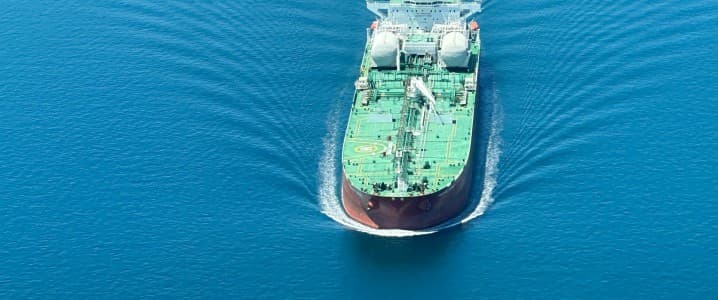
Iran appears unfazed by the prospect of UN snapback sanctions coming into effect this weekend, saying that it will continue to sell its oil to its biggest and nearly only buyer, China.
The biggest European powers which are party to the so-called Iranian nuclear agreement of 2015, or the Joint Comprehensive Plan of Action (JCPOA) as it is officially known, launched in late August a 30-day process that would reinstate UN sanctions on Iran on September 27, if no deal is reached in the meantime.
The 2015 JCPOA agreement contained a provision—known as the “snapback” mechanism—allowing any JCPOA participant to re-impose UN sanctions in the event of “significant non-performance” by Iran.
The European powers – France, Germany, and the UK – want Iran to give UN inspectors access to its nuclear sites again, address concerns about its level of uranium enrichment, and engage in talks with the United States.
The U.S., which pulled from the JCPOA during President Donald Trump’s first term in office in 2018, has ramped up pressure and sanctions on Iran and its oil exports during the first months of the U.S. President’s second term, under the so-called “maximum pressure” campaign to prevent Iran from obtaining a nuclear weapon.
Despite the U.S. sanctions, Iran has continued to export nearly all of its oil to China in recent years.
Officially, China’s customs data show there haven’t been any crude imports from Iran since 2022. Unofficially, China buys nearly 90% of all of Iran’s crude exports in multiple-stage journeys and transfers from one tanker to another, on shadow fleet vessels that are being blacklisted by the U.S. Treasury.
In view of the prospect of UN sanctions adding to U.S. sanctions, Iranian Oil Minister Mohsen Paknejad said, referring to Iran’s oil exports to China, “They will continue, we have no problem.”
“In the last years, we have faced such severe restrictions from the unjust and unilateral U.S. sanctions that, in practice, [U.N. sanctions] won’t add much to this situation,” the Iranian minister said, as carried by Reuters.
By Michael Kern for Oilprice.com
